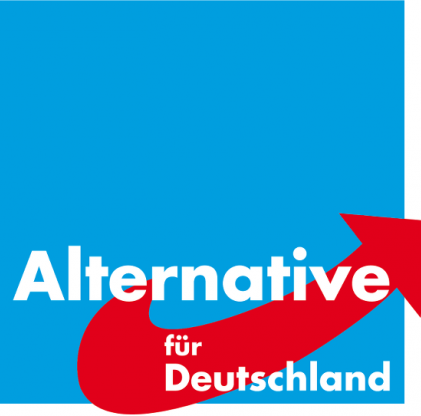
The emergence of Germany’s new right wing
While political parties promoting national liberal, conservative and Euro-sceptic positions have experienced a rise in nearly all EU member states over the past years, Germany appeared to be the last safe-haven left. However, this German exception seems to be over. Since last September the Alternative für Deutschland (Alternative for Germany, AfD) has entered three regional parliaments within two weeks, living up to its success in this year’s European elections.
Supported by around 10 per cent of the voters, the AfD poses a problem to the Christian Democratic Christian Democratic Union (CDU)/Christian Social Union (CSU) and, especially, to the liberal Free Democratic Party (FDP). They have to fear the establishment of a party which may challenge their dominance over Germany’s political right.
While national, liberal and conservative positions are not new to German politics, this space has mainly been covered by the CDU/CSU and FDP. Whereas national liberal and conservative parties had been an inherent part of the German party system during the imperial period and the Weimar Republic, the integration strategy of the CDU/CSU transformed German politics after World War II. By combining liberalism, conservatism and Christian democracy, the CDU/CSU had been successful in leaving only a small niche for potential competitors on the political right. This space was further reduced by the FDP, integrating national and social liberalism within the same party for the first time in German history.
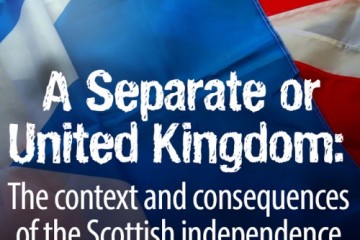
City-regional small nations beyond nation-states
With separate histories and political-cultural traditions, the UK and Spain do not have the same nation-state DNA. Yet both face issues over regional independence. While the UK Government has legitimised the Scottish Government and supported the Scottish Independence referendum as a highly democratic exercise, Spain stands out as remaining normatively inflexible without, so far, even contemplating any dialogue with the presidents of the Catalan and Basque Autonomies.
Other EU nation-states accept the UK’s approach to sort out regional and nationalistic claims democratically. But Spain has been avoiding the demands of the Catalan and Basque institutions and citizens on the basis of both historic and more recent episodes of political unrest. As a result, it seems impossible to open any discussion about the devolution claims of city-regional small nations, particularly in terms of devising an internal, alternative and re-scaled configuration of Spain as a nation-state, which would involve modifying the 1978 Constitution. In the case of the Basque Country, this is presented as the least likely outcome as political violence in the region has been both a major obstacle and also a source of inertia. Nevertheless, ETA (Euskadi Ta Askatasuna)[1], announced a ‘definitive cessation’ of its campaign in 2011 and, therefore, should welcome any kind of democratic implementation that involves devolving powers to the Basque Country.
But are there any remarkable differences between EU nation-states such as the UK and Spain?
Indeed, I think there are plenty of them.
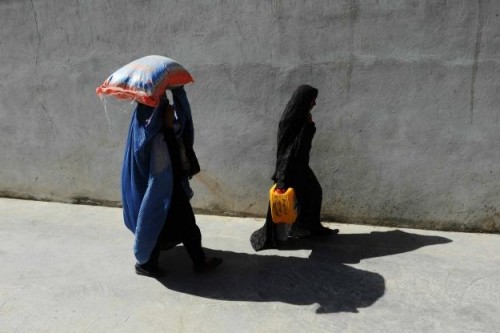
Stabilising provincial Afghanistan: How to get It right
Kabul’s ongoing presidential election negotiations aren’t the only dramatic transition underway in Afghanistan. The ambitious U.S.-led “surge” launched in 2009, which bolstered foreign troops mainly in southern and eastern Afghanistan, has given way to a drawdown, paralleling a major downsizing in the development sphere. Aid budgets are contracting, and provincial reconstruction teams (PRTs) and other subnational civil-military installations — long key international platforms to distribute aid and engage local politics outside Kabul — are closing down.
As the local-level foreign official presence phases out of more volatile and remote areas, how should donor assistance strategies adjust? A new paper from the U.S. Institute of Peace, which builds upon fieldwork from the past three years, argues that 2014 marks an important opportunity for donors to recalibrate three central tenets of their subnational governance and development strategy.
First, donors should revise their conceptions of assisting Afghan government “service delivery.” To be sure, delivering services seems commonsensical in a country that sorely lacks them, but PRT-based projects often confused their ambition to cultivate recurring services with their reality of launching a constellation of unsystematic and often one-time projects. The sheer numbers of foreign personnel and agencies operating at the subnational level — all responding to a higher-level focus on “burn rates” — further fueled the disparate character of aid distribution.

EU faces prospect of ‘coup d’état’ by European Council
(Also published on The Parliament Magazine) The 2014 European elections will be remembered as those that transformed the EU into a sort of Parliamentary democracy by indirectly electing the president of the European Commission, or as those that ditched the whole process and lead instead to the first “coup d’état” operated by the European Council against the European Parliament and the voters. The results of these elections show it clearly: many citizens feel detached from the process of European integration. They consider it too complex and non-transparent. This often pushes them to cast a “protest vote” such as those for nationalist parties, or simply not to vote at all. It is exactly to simplify the way the EU works and …
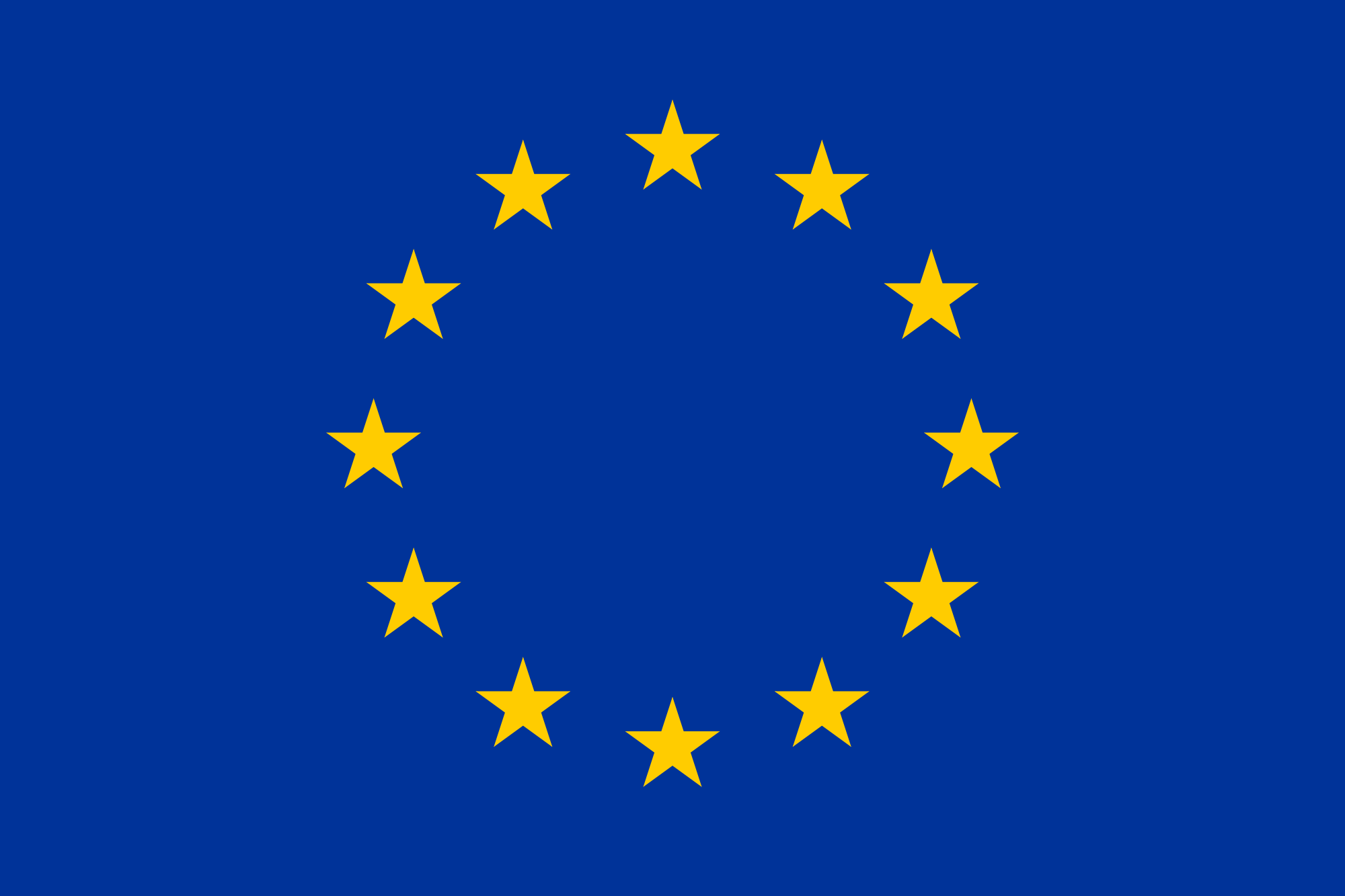
The first EU election fallout
Europe’s politics and the debate about the future shape of the Union dominated the 2014 campaign season for the European Parliament. As a result, the line between domestic and European politics has blurred or even disappeared and it has become clear that party politics at EU level will transform the functioning of European institutions in the coming years. The three main European political parties have already launched frontline candidates for the Commission presidency and committed to supporting them in the European Council and Parliament. Nevertheless, the coming post-electoral wrangling for key EU positions will reflect the strengths and weaknesses of national heads of governments and their respective countries. In France, the ballot count put the establishment in a state of …
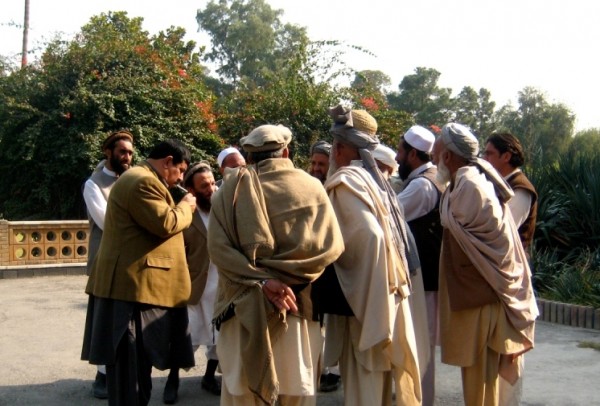
Lessons from Afghanistan: Warlord politics aren’t always bad for democracy
“Without branding all generals and statesmen as murderers or thieves … a portrait of war makers and state makers as coercive and self-seeking entrepreneurs bears a far greater resemblance to the facts than do its chief alternatives: the idea of a social contract, the idea of an open market … the idea of a society whose shared norms and expectations call forth a certain kind of government.” Charles Tilly, 1985
As Afghanistan’s election season marches on, Charles Tilly’s unsavory portrait of statesmen as “coercive and self-seeking entrepreneurs” seems eerily resonant. Observers worry that despite record turnout by voters, the campaigns featured opportunistic deals between power brokers with checkered backgrounds and that those bargains will determine the election’s ultimate outcome. Indeed, over the past decade foreigners and Afghans alike have bemoaned the slippery and self-interested machinations of Afghanistan’s ruling class. The international community has invested a great deal to help the Afghan state move toward the ideals of good governance we associate with liberal democracy in the West. Why has progress been so halting?

Lost in translation? Candidates for presidency of EU Commission debate European politics – in English
Tuesday afternoon, I went to the annual Dahrendorf Lecture in which German sociologist Ulrich Beck discussed the future of the European project. During the discussion following his talk, Beck asked the audience who among them had watched the first debate between candidates for the presidency of the European Commission, which had taken place the day before. Out of the 50+ members of the audience, four raised their hands. Considering this percentage in an auditorium full of Oxford students and faculty, who had specifically come to attend a lecture on the European Union, one can get an idea of just how strong the interest there is among the European public.
I was embarrassed that my hand had to stay down too, so that after the lecture I went home to watch the debate. Ten minutes into it, I stopped the video, took out pen and paper and began scribbling down notes for this post. For this debate revealed a unique and interesting feature of EU politics: the impact of language on political rhetoric.
The debate brought together four of the five contenders for the EU commission’s presidency: Jean-Claude Juncker (EPP), Ska Keller (EGP), Martin Schulz (PES), and Guy Verhofstadt (ALDEE) – Alexis Tsipras, the European Left’s nominee decided not to attend; Ska Keller is running together with José Bové. The Alliance of European Conservatives and Reformists, which is likely to gain significantly in the upcoming elections, declared in February that it would not field a candidate for the post. It did not want “to legitimise the idea that a European executive should be chosen by a federal legislature”.
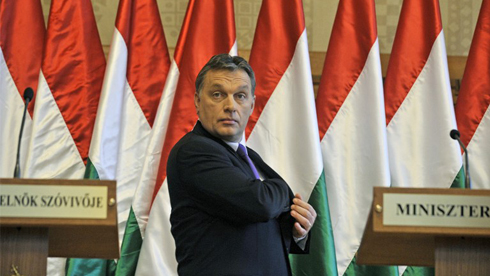
Hungarian Election: Ruling Coalition Retains Two-Thirds Majority
By Dr Alison Smith, St Antony’s College, Oxford Hungary’s Prime Minister, Viktor Orban, celebrated a historic victory today after his right-wing Fidesz/Christian Democrat coalition retained its two-thirds majority in the Hungarian Parliament, winning 133 out of 199 seats. Fidesz’s nearest competitors, the centre-left alliance, Unity, secured just 38 seats, while the far-right Jobbik won 23 seats. Full results are available here. The Hungarian election of April 6 2014 was the first to be held under the new electoral system, which almost halved the available number of seats from 386 to 199. The electoral system remains an ‘unlinked’ (non-compensatory) mixed system, but 106 seats are now allocated through single member districts (SMD), while 93 are allocated through party lists. The new system is less …









